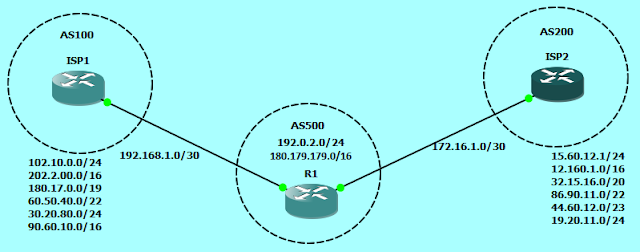VIRUS
some may cause only mildly annoying effects while others can damage your hardware, software or files. Almost all viruses are attached to an executable file. a virus cannot be spread without a human action, (such as running an infected program)
WORM
A worm is similar to a virus by design. Worms spread from computer to computer, but unlike a virus, it has the capability to travel without any human action. A worm takes advantage of file or information transport features on your system, which is what allows it to travel unaided.
TROJON HORSE
The Trojan horse, at first glance will appear to be useful software but will actually do damage once installed or run on your computer. They can cause serious damage by deleting files and destroying information on your system. Trojans are also known to create backdoor on your computer that gives malicious users access to your system. Unlike viruses and worms, Trojans do not reproduce by infecting other files nor do they self-replicate.




Comments
Post a Comment